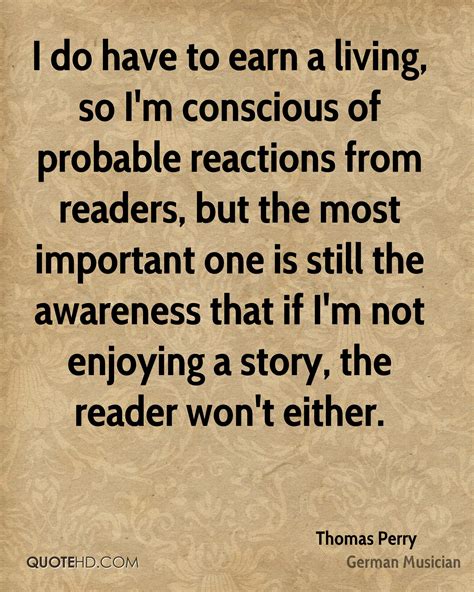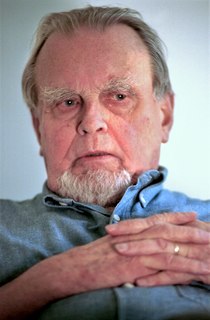A Quote by Oliver Goldsmith
I fancy the character of a poet is in every country the same,--fond of enjoying the present, careless of the future; his conversation that of a man of sense, his actions those of a fool.
Related Quotes
By Liberty I understand the Power which every Man has over his own Actions, and his Right to enjoy the Fruits of his Labour, Art, and Industry, as far as by it he hurts not the Society, or any Members of it, by taking from any Member, or by hindering him from enjoying what he himself enjoys. The Fruits of a Man's honest Industry are the just Rewards of it, ascertained to him by natural and eternal Equity, as is his Title to use them in the Manner which he thinks fit: And thus, with the above Limitations, every Man is sole Lord and Arbitrer of his own private Actions and Property.
Verily has man freewill to control his actions. That my Father-Mother has given to man as his inheritance. But the control of the ractions to those actions man has never had. This my Father-Mother holds inviolate. These cannot become man's except through modifying his actions until the reactions are their exact equal and opposite in equilibrium.
The hours of a wise man are lengthened by his ideas, as those of a fool are by his passions. The time of the one is long, because he does not know what to do with it; so is that of the other, because he distinguishes every moment of it with useful or amusing thoughts--or, in other words, because the one is always wishing it away, and the other always enjoying it.
Depending on the year or the therapist he was seeing, he'd learned to ascribe just about every facet of his character as a psychological reaction to his parents' fighting: his laziness, his overachieving, his tendency to isolate, his tendency to seduce, his hypochondria, his sense of invulnerability, his self-loathing, his narcissism.
If it were possible for us to have so deep an insight into a man's character as shown both in inner and in outer actions, that every, even the least, incentive to these actions and all external occasions which affect them were so known to us that his future conduct could be predicted with as great a certainty as the occurrence of a solar or lunar eclipse, we could nevertheless still assert that the man is free.
Man in his raw, natural state as he comes from the womb is morally and spiritually corrupt in disposition and character. Every part of his being-his mind, his will, his emotions, his affections, his conscience, his body-has been affected by sin (this is what is meant by the doctrine of total depravity)
To me... it appears that there have been differences of opinion and party differences, from the first establishment of government to the present day, and on the same question which now divides our own country; that these will continue through all future time; that every one takes his side in favor of the many, or of the few, according to his constitution, and the circumstances in which he is placed.







































